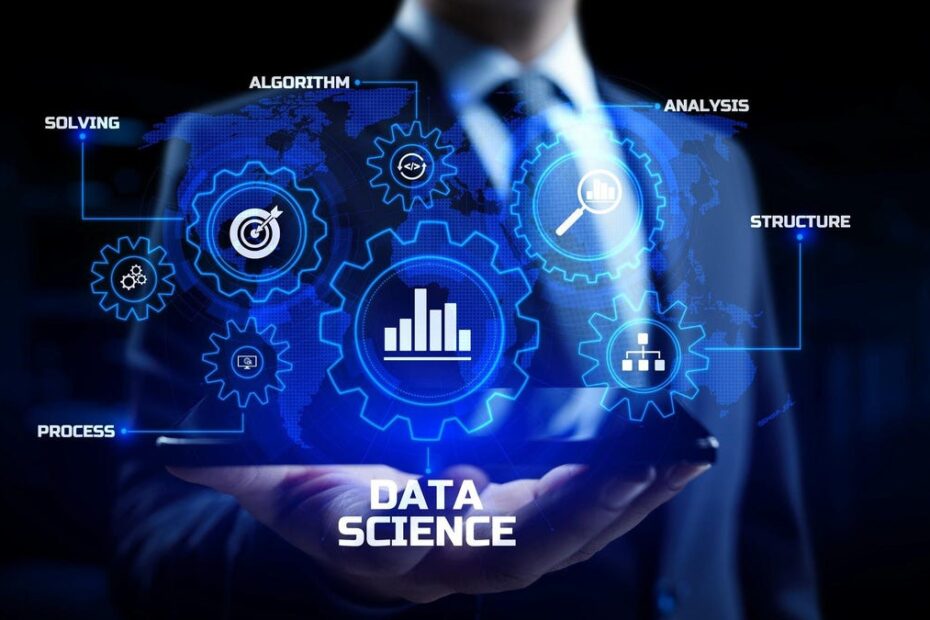In today’s rapidly advancing industrial landscape, the application of data science is becoming increasingly critical. Whether it’s predicting equipment failures, optimizing production lines, or improving safety measures, data science is transforming how industries operate. However, to truly harness the power of data, you need the right skills. This is where selecting the right data science training becomes paramount, especially for those looking to specialize in industrial applications.
At ASSET INTEGRITY ENGINEERING, we’ve seen firsthand how important it is for industries to leverage skilled industrial data science specialists who can drive actionable insights from data. If you’re looking to take your industrial operations to the next level with data science, it’s essential to choose the right training program. Below, we’ve outlined key considerations to help you make the best decision.
Understand the Scope of Industrial Data Science
The first step in choosing the right data science training is to understand the specific challenges and opportunities in the industrial sector. Unlike general data science training, industrial data science applies to the analysis of large datasets generated by machinery, sensors, and operational processes.
An industrial data science specialist must be familiar with both the technologies used in manufacturing and the analytical techniques that can optimize these processes. Look for training programs that cover topics like predictive maintenance, process optimization, and real-time data processing. These areas are essential in the industrial context.
Focus on Hands-On, Practical Learning
When it comes to industrial applications, theory alone won’t cut it. Practical, hands-on learning is a must for anyone looking to apply data science to real-world industrial challenges. Courses that emphasize practical exercises, projects, and real industrial data sets will prepare you for the kinds of problems you’ll encounter on the job.
Training should include tools like Python, R, and SQL for data manipulation, as well as software for analyzing sensor data, such as MATLAB or specialized industrial tools. ASSET INTEGRITY ENGINEERING recommends looking for programs that offer project-based learning, where you can work on real-world scenarios relevant to the industry.
Choose a Program with Industry-Relevant Tools and Technologies
Data science training programs that focus on industrial applications should also provide exposure to the tools and technologies commonly used in the sector. The world of industrial data science differs from other fields because it deals with specific hardware, sensor data, and integration with physical systems.
Look for training courses that incorporate software and tools designed for the industrial sector, like SCADA systems, IoT platforms, and industrial sensors. Familiarity with these tools will help you better understand and manage the data that’s crucial to industrial operations. A program that integrates these systems with data analysis tools like Python or machine learning frameworks is a good indicator that you’re choosing the right training for industrial applications.

Look for Specialized Tracks in Industrial Data Science
Data science is a broad field, and the needs of the industrial sector require specialized knowledge. As an industrial data science specialist, you’ll need to focus on topics that apply directly to the manufacturing or energy sectors. Look for courses or certifications that focus specifically on industrial data applications.
Topics to look for include:
- Predictive maintenance and condition monitoring
- Quality control and process optimization
- Industrial IoT and smart factory technologies
- Data-driven decision-making in operational environments
ASSET INTEGRITY ENGINEERING advises that choosing a program with a specialized track in industrial data science ensures you’ll be equipped with the right expertise to handle the unique challenges of industrial settings.
Ensure the Training Program Covers Data Ethics and Security
In industrial applications, data security and ethics are particularly important. With vast amounts of sensitive data generated by machinery and systems, it’s crucial to understand how to protect this information and ensure compliance with industry regulations. Make sure the data science training program you choose includes modules on data ethics, privacy, and security.
Additionally, as an industrial data science specialist, you’ll need to be aware of the regulations and standards that govern industrial data. Training programs that emphasize these aspects will ensure that you not only have the technical skills but also the awareness necessary to work in sensitive environments.
Accreditation and Recognition
The final consideration when choosing the right training program is accreditation. Look for programs that are recognized by industry leaders, universities, or professional organizations. Accredited programs provide a certain level of assurance that the training meets industry standards and is respected in the field.
Programs that offer certifications from recognized bodies like the Data Science Association or the International Society for Industrial Engineering will add significant value to your resume and career prospects. Certifications in industrial data science will position you as a credible industrial data science specialist in the market.
Conclusion
Choosing the right data science training for industrial applications is a key step in preparing for a career as an industrial data science specialist. Focus on practical, hands-on training, specialized industrial knowledge, and exposure to relevant tools and technologies. Additionally, ensure the program addresses data security, ethics, and regulatory compliance to prepare you for the challenges ahead.
At ASSET INTEGRITY ENGINEERING, we believe that with the right training, professionals can drive the future of industrial data science and contribute to smarter, more efficient operations. So, start your journey today and get ready to make data-driven decisions that transform industries.









